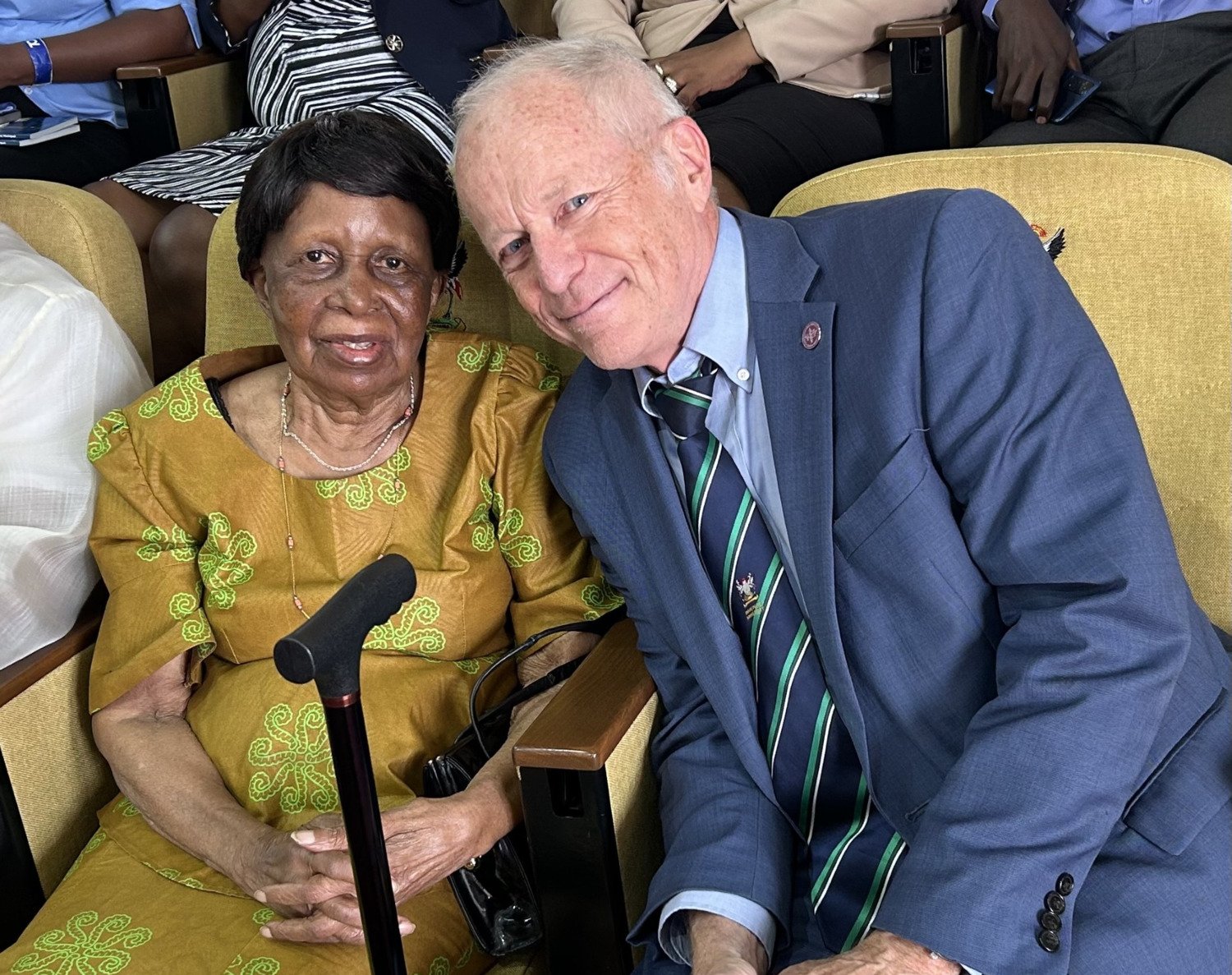Stefan Swartling Petersons insights from two years in Uganda

After two years based at Makerere University in Uganda, Stefan Swartling Peterson has returned to KI with new perspectives on health systems under pressure — from maternal health to the rise of non-communicable diseases and climate-related challenges. Through CESH, the work continues with strengthened collaborations in Kampala.
Stefan Swartling Peterson is Professor of Global Transformation for Health in the research group Global Child Health and the Sustainable Goals. With over 20 years of experience in East Africa, including a recent two-year period at Makerere University, his work focuses on maternal and child health, health systems strengthening, and the impact of climate and non-communicable diseases.
Tell us about your mission in Uganda and what you achieved by your work there?
With dual appointments at KI and Makerere, I have had the pleasure of being physically based at Makerere School of Public Health for the last two years.
What insights are you bringing back?
As I return to Sweden, I am struck by how ”compressed” history is in Uganda compared to Sweden. I had the pleasure of meeting Uganda’s ”Karolina Widerström”, see picture. Professor Josephine Nambooze was the first woman medical doctor in East Africa, and founded what is now the School of Public Health.
How will your experiences in Uganda influence your future work?
The compressed history is also evident in how maternal and newborn deaths and injuries have been joined by a massive diabetes and NCD epidemic, posing a triple burden on the health system. Climate change, bringing extreme weather, exacerbates this.
What’s next for you at the department?
Together through CESH, we will now continue working on climate and health, and also strengthen our collaboration with UNICEF and the Swedish Embassy in Kampala.
